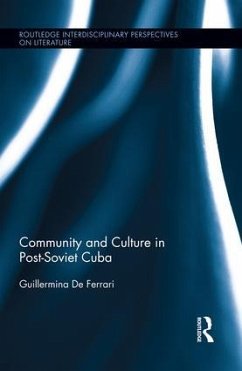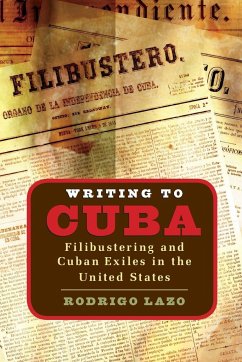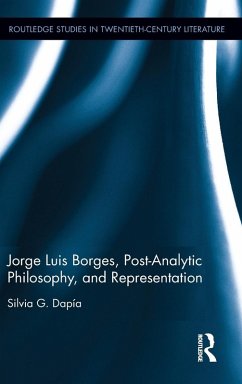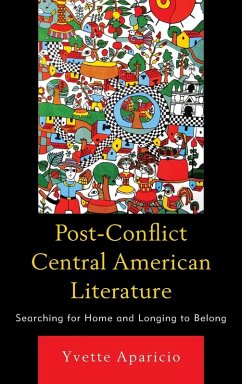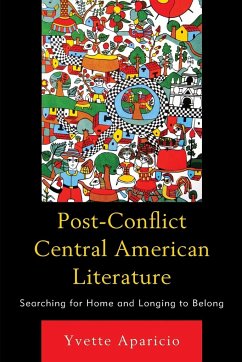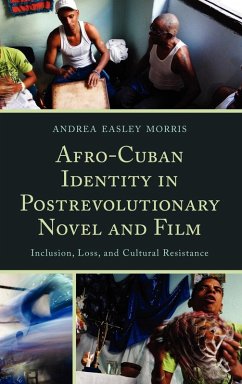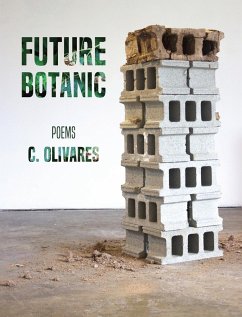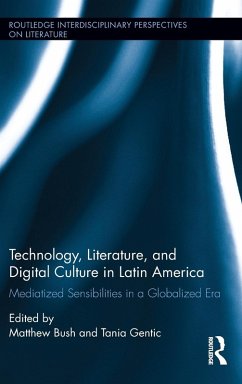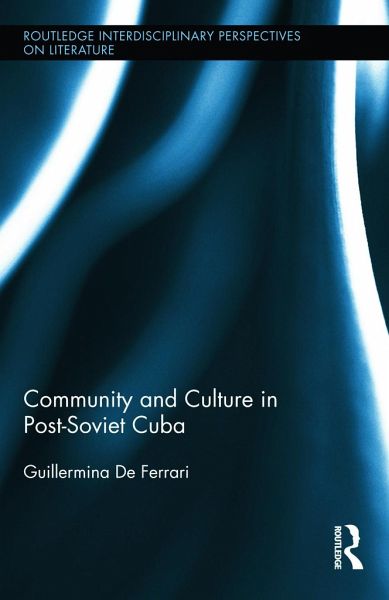
Community and Culture in Post-Soviet Cuba
Versandkostenfrei!
Versandfertig in 1-2 Wochen
182,99 €
inkl. MwSt.
Weitere Ausgaben:

PAYBACK Punkte
91 °P sammeln!
Following the disintegration of the Soviet Union, the globalization of Cuban culture, along with the bankruptcy of the state, partly modified the terms of intellectual engagement. However, no significant change took place at the political level. In Community and Culture in Post-Soviet Cuba, De Ferrari looks into the extraordinary survival of the Revolution by focusing on the personal, political and aesthetic social pacts that determined the configuration of the socialist state.Through close critical readings of a representative set of contemporary Cuban novels and works of visual art, this boo...
Following the disintegration of the Soviet Union, the globalization of Cuban culture, along with the bankruptcy of the state, partly modified the terms of intellectual engagement. However, no significant change took place at the political level. In Community and Culture in Post-Soviet Cuba, De Ferrari looks into the extraordinary survival of the Revolution by focusing on the personal, political and aesthetic social pacts that determined the configuration of the socialist state.Through close critical readings of a representative set of contemporary Cuban novels and works of visual art, this book argues that ethics and gender, rather than ideology, account for the intellectuals' fidelity to the Revolution. Community and Culture does three things: it demonstrates that masculine sociality is the key to understanding the longevity of Cuba's socialist regime; it examines the sociology of cultural administration of intellectual labor in Cuba; and it maps the emergent ethical and aesthetic paradigms that allow Cuban intellectuals to envision alternative forms of community and civil society.





